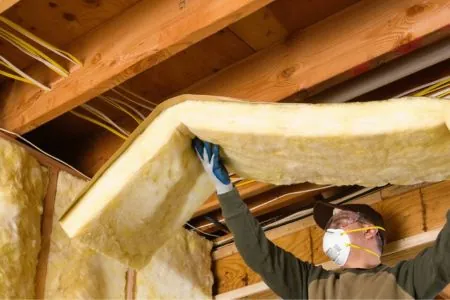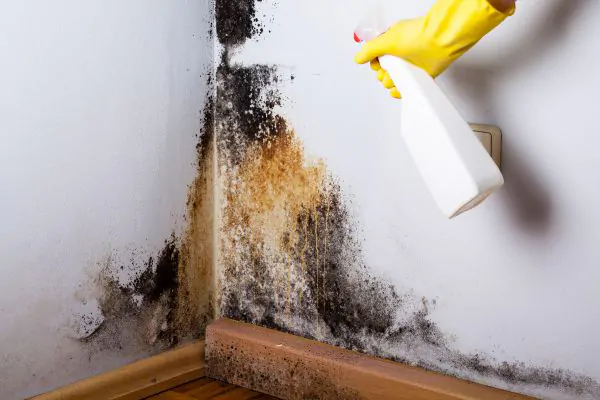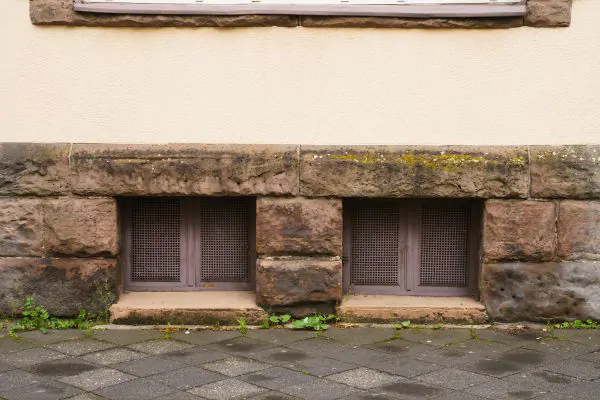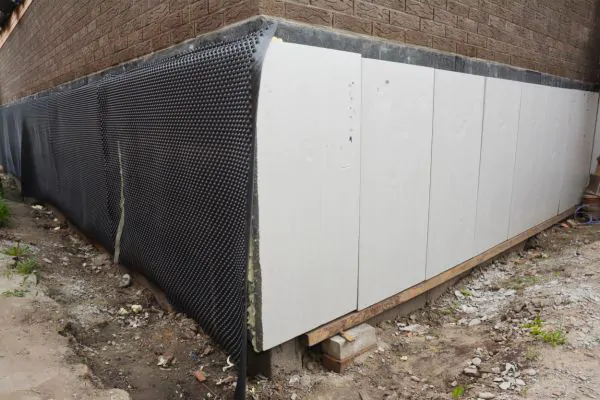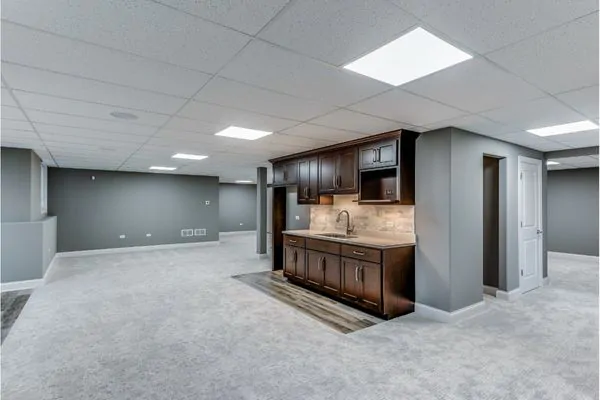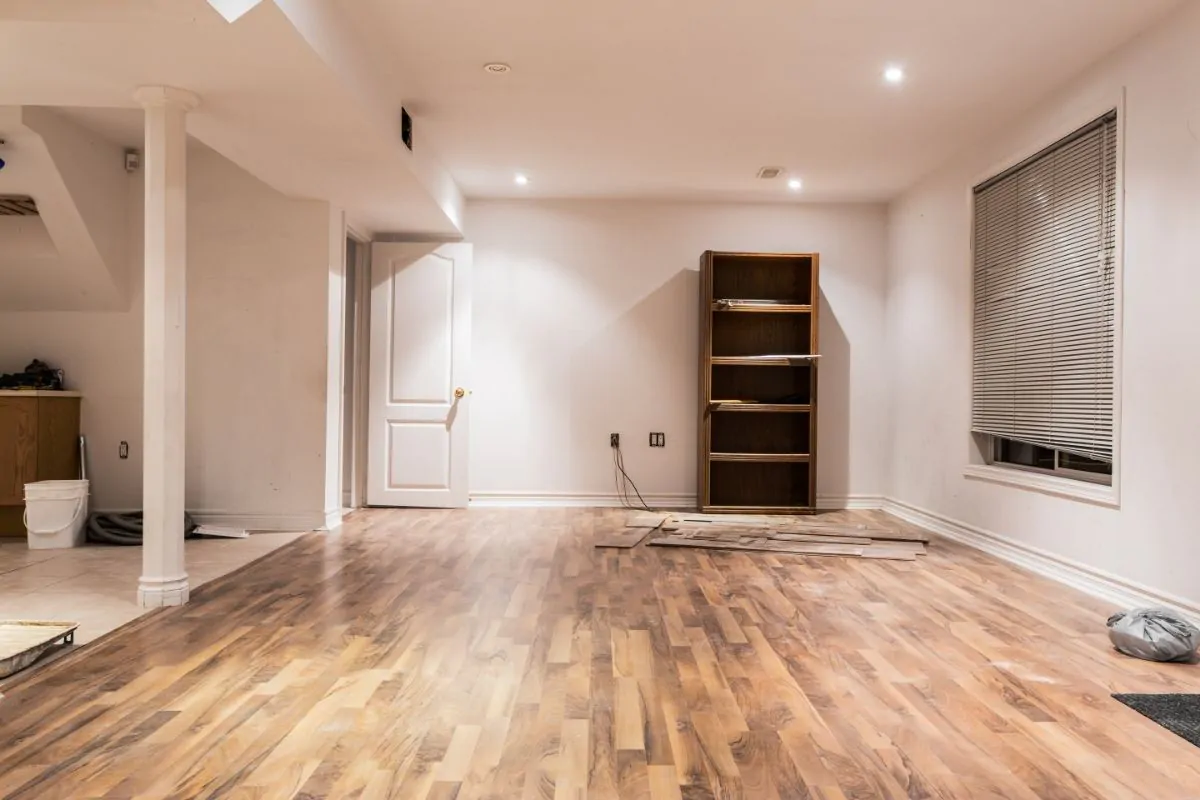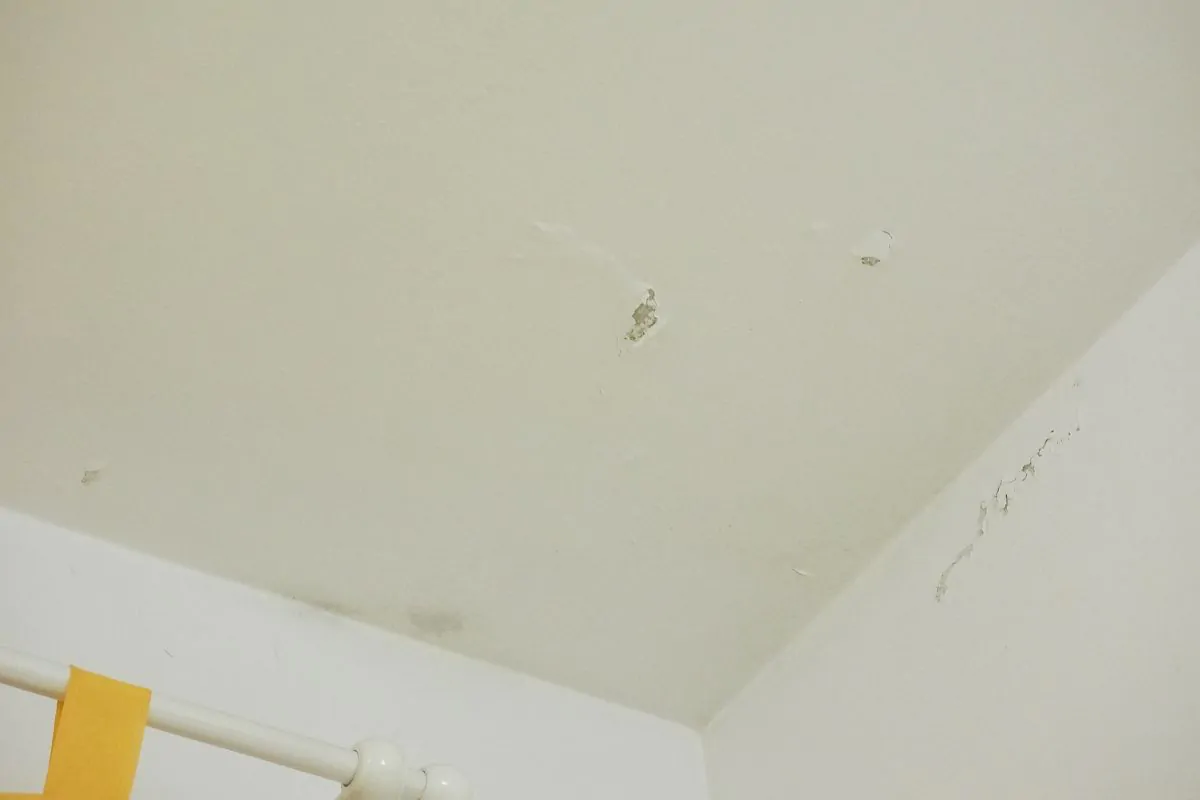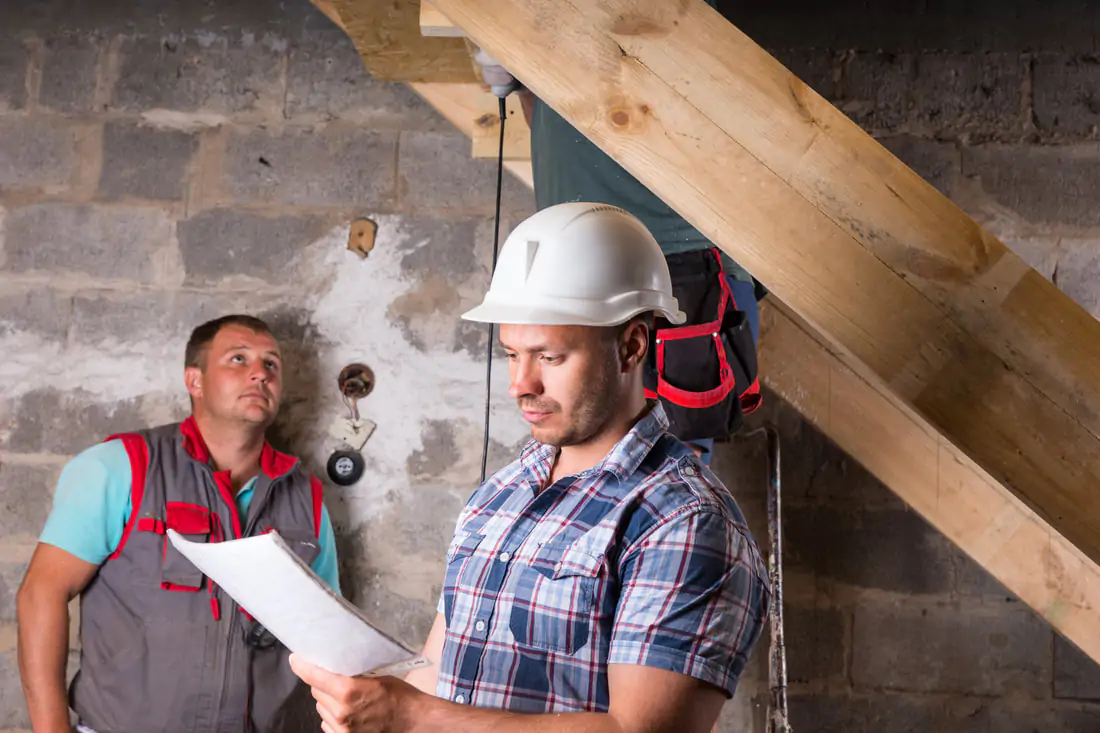Dealing with water damage in your basement can feel overwhelming, but it is a crucial task for any homeowner. Ignoring moisture issues and not dealing with water intrusion can open your home up to damage and other threats. Water damage threatens your home’s structure and can lead to mold and mildew, which pose health risks. Acting quickly and having a solid plan for what to do about water damage makes all the difference.
By understanding the common causes, like heavy rain, plumbing leaks, or poor drainage, you can tackle the problem head-on. From initial cleanup to long-term prevention, being well-informed helps you keep your basement safe and dry. Check out this guide for practical tips and expert advice on managing basement water damage effectively.
I. Identifying Causes of Water Damage in Basements
A Water Damage Basement can be a homeowner’s nightmare. Yet handling the situation efficiently is crucial to protecting the property’s integrity. A strategic approach includes assessing the extent of flood-related damage, identifying the entry paths for surface water leaks, and creating a reliable waterproofing strategy.
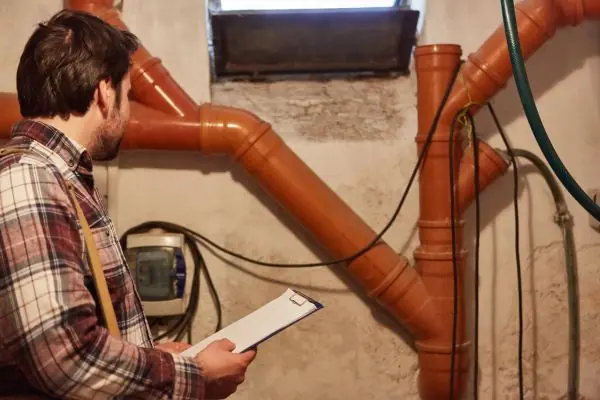
By tackling each issue methodically, the risks of persistent water damage can be significantly reduced. Here is what you need to know about the common causes of water intrusion and damage in home basements in the area:
A. Dealing with Surface Water Leaks
One common source of water intrusion actually comes from outside the home. Standing water around the home caused by heavy rainfall can seep into the lower levels of the home like the basemen. When the snow melts on the roof, it can lead to standing water as well as slow but constant trickles of water that seek weaknesses in a home’s exterior.
Wherever the water comes from, when it gets inside the home it often leads to water damage. Proper basement waterproofing and sound plumbing practices are critical to steer this water away safely, maintaining a dry and secure basement environment free from the risks of seasonal water intrusion.
B. Managing Hydrostatic Pressure from Groundwater
Managing the pressure from groundwater pushing against a home’s foundation requires a strategic defense, often involving the installation of a sump pump. As rain saturates the soil around a house, this pump acts as a critical barrier, reducing the risk of water seeping into the basement.
Adding coverage for a sump pump and related water damage can provide homeowners with peace of mind during heavy rainfalls when the pump operates at full capacity to protect the basement.
C. Addressing Backup from Storm Sewers or Sanitary Lines
Storm sewers or sanitary line backups can lead to water pushing against basement floors and walls. Redirecting the downspout to discharge water away from the foundation can help manage the excess moisture in the soil.
Homeowners also find that installing a sump pump acts as an effective measure to deal with water damage basement, while a dehumidifier can assist in keeping the environment dry after the immediate issues are resolved. Keeping up with pluming maintenance and repairs and doing annual inspections is the best way to ensure these kinds of leaks and water issues do not become a major issue.
II. Steps to Manage a Flooded Basement
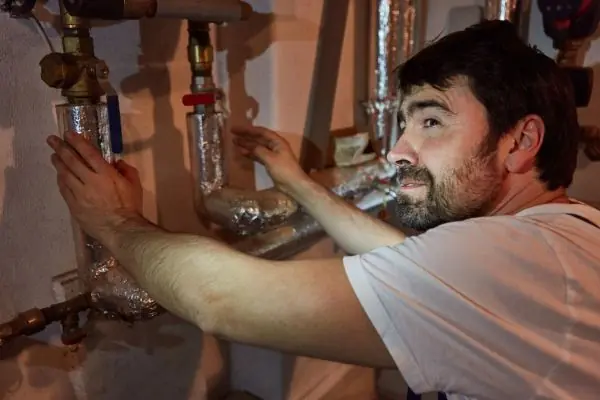
Facing a flooded basement can be stressful, but with the right steps, you can manage it effectively. From immediate actions to long-term solutions, knowing what to do can save you time and money. This involves safely turning off electricity and gas, effective water removal, and essential damage repairs which homeowners can perform initially.
A. Safely Turn off Electricity and Gas
When a basement floods, the first and most critical step is to cut off the electricity and gas supplies as these pose immediate danger in wet conditions. This measure is vital to prevent accidents while tackling the intrusion of groundwater. Addressing the issue swiftly can reduce the water’s corrosive impact on the foundation and help manage the pressure and humidity levels.
B. Effective Water Removal Techniques
Installing a French drain can efficiently guide water away from the basement, preventing it from compromising the integrity of drywall and other structural elements. If water damage is left unchecked near appliances like a washing machine, the resulting odor can be a telltale sign of mold, putting the property at risk. An effective removal strategy, therefore, not only restores the basement but also safeguards the home from lingering smells and potential health hazards.
C. Essential Damage Repairs
After addressing the immediate concern of basement moisture, turning attention to repairing the damage becomes the next priority. Essential repairs should start with drying out wet basement walls, a critical step to curtail further deterioration. The ultimate goal is to restore the space to its pre-flood condition, making it both functional and resistant to future basement flooding. Dealing with the effects of water intrusion and fixing water damage is a critical part of the process and is not something to be ignored or to cut corners with!
III. Strategies to Prevent Water Damage in Basement
Preventing water damage basement is easier than dealing with the aftermath. With the right strategies, you can keep your basement dry and your home safe. From proper drainage to waterproofing solutions, proactive measures make all the difference. Discover essential tips effective basement water damage protection.
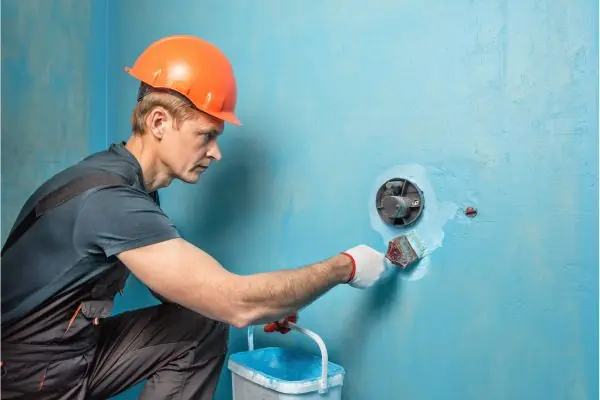
A. Implementing Waterproofing Solutions
Preventing water damage in your basement starts with proactive measures. Sealing the basement walls can prevent leaks and save you from expensive repairs. Maintaining your gutters and repairing crawl spaces are also crucial for keeping water away from your home. These steps help preserve your basement’s dry state and protect your home.
B. Conduct Regular Maintenance Checks
Homeowners should routinely inspect their basements for potential water issues to prevent flooding and damage. Regular maintenance checks can catch early signs of standing water, dampness, and leaks, allowing for timely repairs and reducing the risk of more severe problems. By staying vigilant, you can address minor issues before they escalate, ensuring your basement remains dry and secure. Consistent inspections are key to maintaining a safe and healthy home environment.
C. Improve Basement Drainage Systems
To avoid the headache of a flooded basement, homeowners need to maintain an effective drainage system. A good drainage system directs water away from the home, reducing condensation and preventing moisture buildup in crawl spaces. Proper design and regular maintenance of this system are crucial for keeping your basement dry and minimizing the risk of flooding. Stay proactive to ensure your basement stays dry all year round.
IV. Benefits of Hiring Professional Water Damage Services
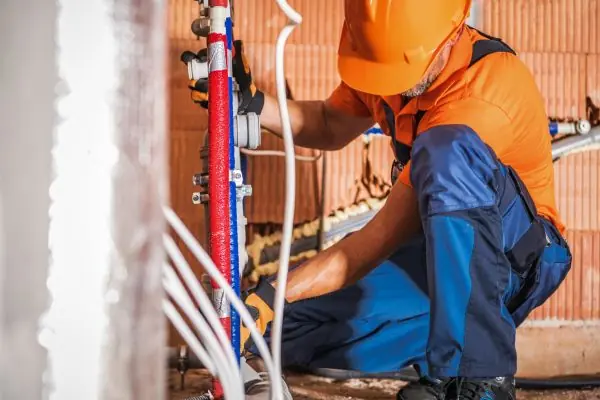
When water penetrates your basement, the complexity of the issue often transcends the capabilities of quick home fixes. Dealing with elevated water table levels, finding the right slope for your lawn to aid drainage, or handling the adverse effects of sewer water requires expertise that only basement finishing professional can provide.
With professional testing and treatment, they deliver comprehensive repairs and restoration that ensure your basement remains secure against the elements and sewage mishaps.
A. Expert Water Damage Remediation
Enlisting experts for water damage remediation ensures a thorough cleanup process. Professionals efficiently remove debris and silt, tackle the challenges of extracting water from clay-heavy soils, and dry out areas around basement walls.
They use advanced heat technology to rescue soaked carpets and other items, preventing them from being permanently damaged. Trusting the experts means a comprehensive approach to restoring your space, leaving no detail overlooked.
B. Professional Installation of Drainage Systems
Professional installation of drainage systems provides customized solutions crucial for areas prone to water issues. Experts design systems that account for factors like tree proximity and water volume, ensuring the setup can handle heavy storms and nearby construction.
Their work significantly reduces the risk of issues with water intrusion, including mildew, by expertly redirecting water away from your home and keeping your property dry.
C. Comprehensive Repairs and Restoration
Professional water damage services offer more than just quick fixes. They deliver thorough basement water damage repair and restoration. Experts address structural concerns with concrete block and masonry, and repair damaged gravel foundations and wood structures for lasting solutions.
They also tackle moisture-related risks in areas like laundry rooms, enhancing your home’s overall safety and preventing future issues. Relying on specialists ensures that your home is restored to its best condition.
Conclusion: Effective Strategies to Manage Basement Water Damage
Addressing water damage in basement promptly preserves the structural integrity of your home and prevents the costly consequences of mold and other moisture-related issues.
Effective strategies like waterproofing, regular maintenance, and improved drainage systems are key to mitigating water damage risks. Hiring professional water damage services offers the advantage of comprehensive solutions, ensuring lasting repairs and protection against future water intrusion.
Ultimately, taking proactive measures and seeking expert assistance can safeguard your home’s foundation and maintain a dry, healthy living environment. Don’t put it off- call the local basement experts and get the protection you need against water intrusion and damage!

